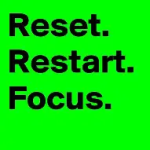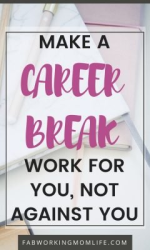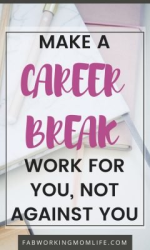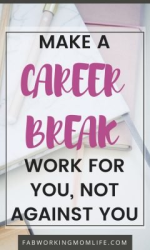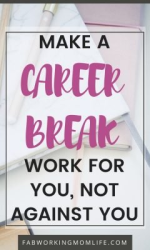Reboot Your Career with Confidence.

Taking a break from your career—whether for family, health, personal growth, or any other reason—can feel daunting when it's time to return. The professional world evolves quickly, and a long gap may raise questions for both the returning individual and potential employers. However, with the right mindset and strategic planning, a successful return is entirely achievable. Many professionals have re-entered the workforce after years away and built fulfilling, dynamic careers. Here’s how to approach your comeback with confidence and purpose.1. Reflect on Your Time Away
Before diving into job applications, take time to reflect on what you’ve done during your break. You may have gained valuable life skills—time management, budgeting, communication, problem-solving—especially if your break involved caregiving, travel, or managing personal responsibilities. These experiences can strengthen your professional profile when framed correctly.
2. Update Your Skills and Knowledge
The workplace likely looks different than when you left it. New technologies, tools, and industry trends may have emerged. Enroll in online courses, attend webinars, or obtain certifications relevant to your field. Platforms like Coursera, LinkedIn Learning, or Udemy offer accessible options to refresh your knowledge and demonstrate initiative.
3. Rebuild Your Network
Reconnect with former colleagues, mentors, or industry contacts. Let them know you’re looking to re-enter the workforce. Attend professional events, join online forums, or participate in networking groups to make new connections. A strong network can lead to referrals, advice, or even job leads.
4. Consider a Stepping-Stone Role
You don’t always have to jump into a full-time position right away. Part-time work, internships, freelancing, or volunteering can help ease the transition. These opportunities allow you to rebuild confidence, update your resume, and re-enter the professional rhythm while showing employers your commitment to returning.
5. Be Honest and Positive in Your Communication
When writing your resume or during interviews, be honest about your career break without going into unnecessary detail. Focus on what you’ve learned, how you’ve stayed engaged, and your enthusiasm for returning. Avoid sounding apologetic—many employers appreciate resilience and life experience.
6. Tailor Your Resume and Cover Letter
Highlight relevant skills, recent training, and past achievements that align with the roles you’re applying for. Include any freelance work, community involvement, or personal projects during your break that demonstrate initiative or leadership.
7. Stay Patient and Persistent
Re-entering the workforce might take time. Stay persistent, keep refining your approach, and don’t be discouraged by rejections. Each application and interview is a learning opportunity that brings you closer to your goal.
Conclusion
Starting a career after a long gap isn't about picking up where you left off—it's about starting anew with a stronger sense of self, greater perspective, and valuable life experience. With preparation, patience, and a proactive mindset, you can re-enter the workforce confidently and successfully shape the next chapter of your professional journey.

